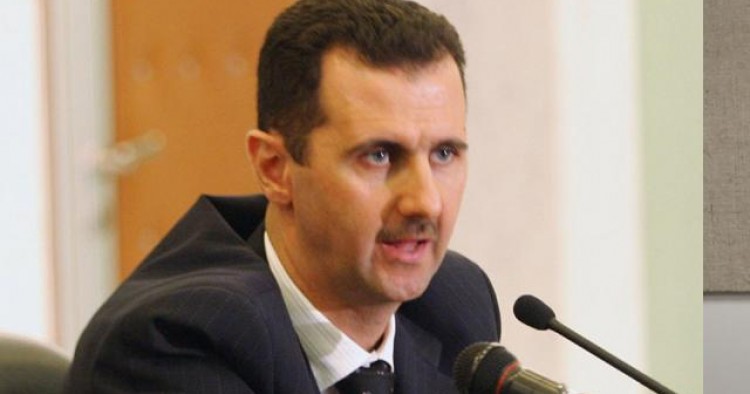This article was originally published on CNN's Global Public Square blog on May 30, 2013.
Let’s imagine a world in which Bashar al-Assad wins a military victory, remains in power, and defies the world to deal with him. Because, unfortunately, it appears to be an all too plausible scenario.
An influx of Hezbollah fighters from Lebanon, and support from Iran’s Revolutionary Guards, has intensified fighting along the strategic corridor from Qusayr to Damascus. Reported use of chemical weapons, most probably by the Syrian government, has crossed a red line that the U.S. government has ignored, and thus sent a clear and discouraging message to the opposition. Hezbollah commander Hassan Nasrallah, for his part, said in a May 26 television address that Hezbollah would beat down al-Assad's opponents and stay in Syria as long as it needed to do it. “We will continue this road until the end, we will take the responsibility and we will make all the sacrifices,” Nasrallah said. “We will be victorious.”
Indeed, the head of German intelligence now estimates al-Assad’s rule is more stable than any time in the last two years, and he is likely to retake the southern half of the country by the end of this year.
Gerhard Schindler used graphics and maps in a meeting with select politicians “to demonstrate that Assad’s troops once again possess effective supply lines to ensure sufficient quantities of weapons and other materiel,” Der Spiegel reported. “Fuel supplies for tanks and military aircraft, which had proved troublesome, are once again available, Schindler reported. The new situation allows Assad’s troops to combat spontaneous rebel attacks and even retake positions that were previously lost.”
Meanwhile, U.S. Secretary of State John Kerry, pushing a peace conference at some point in the future, said in Amman on May 22 that “We don’t need more proof that now is the time to act…What we need to do is act.”
Read the rest of the article here.
The Middle East Institute (MEI) is an independent, non-partisan, non-for-profit, educational organization. It does not engage in advocacy and its scholars’ opinions are their own. MEI welcomes financial donations, but retains sole editorial control over its work and its publications reflect only the authors’ views. For a listing of MEI donors, please click here.












